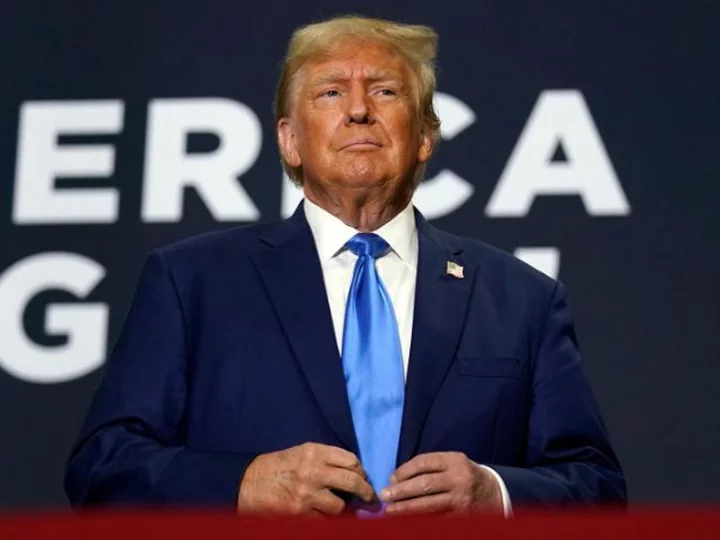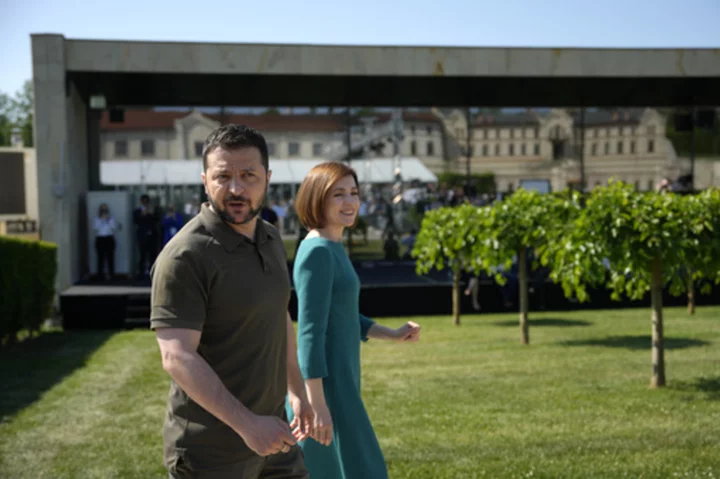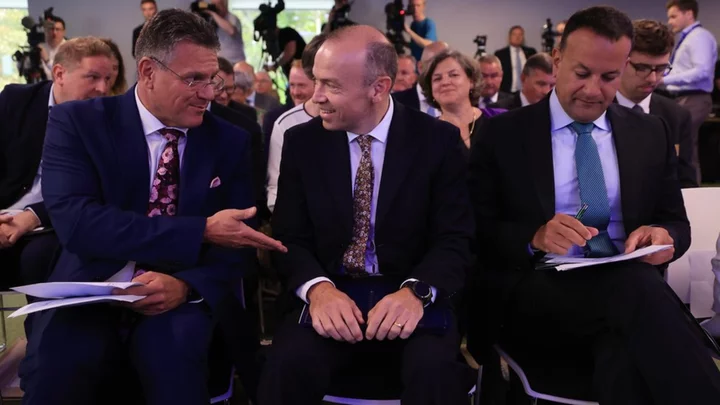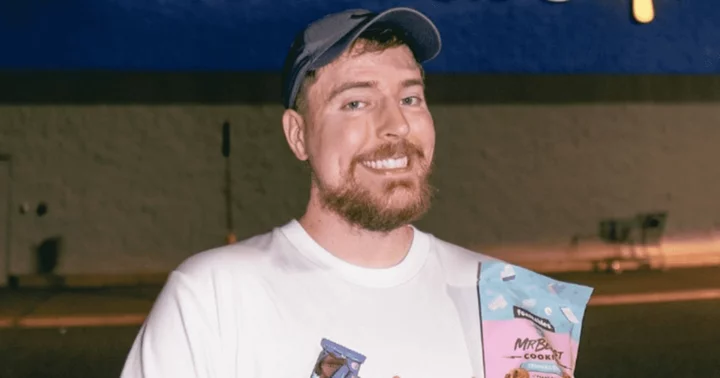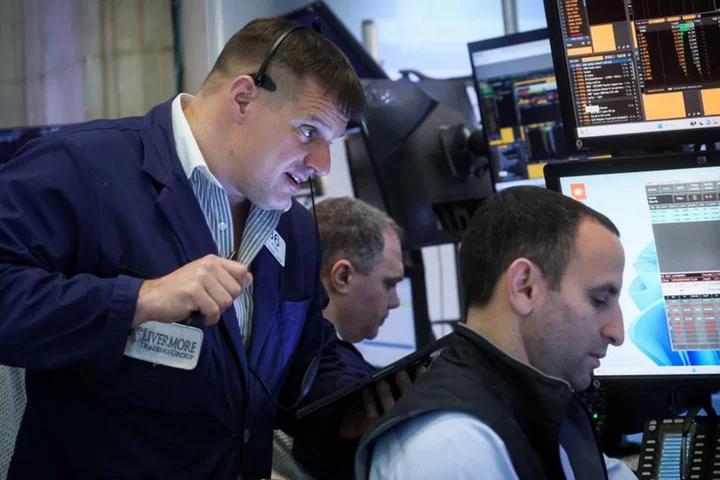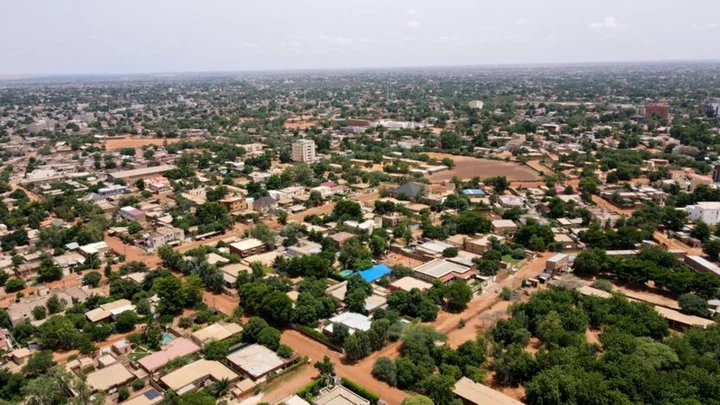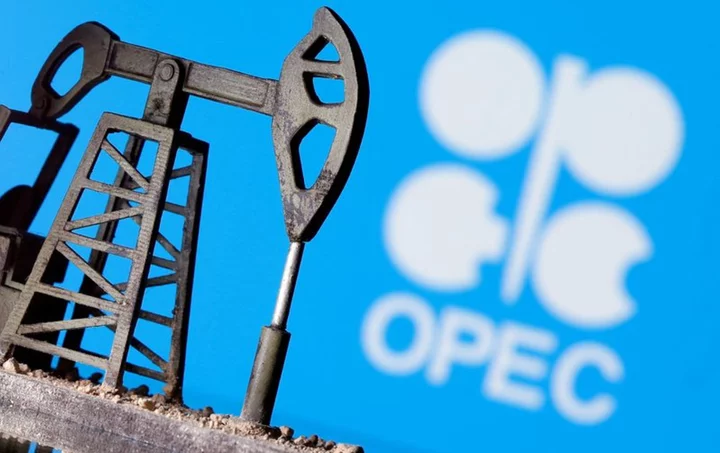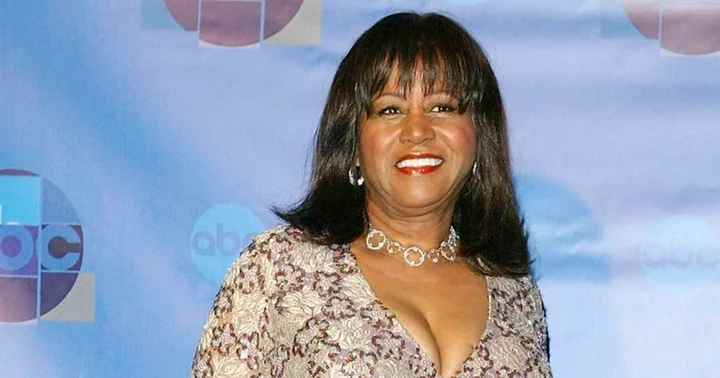Former President Donald Trump's decision to skip next month's third GOP presidential primary debate and instead hold a rivaling rally just up the road highlights how complicated -- and at times thorny -- the relationship between the Republican National Committee and the front-runner's team has become.
The RNC was caught off guard when Trump's campaign announced last week that it would hold a counterprogramming event the same night as the debate, just down the road from the Miami arena where other Republican candidates would be facing off.
While Trump has not attended any of the debates, citing his commanding lead in the polls, the decision to host what appears to be a competing event in the same area has rubbed some Republicans the wrong way.
"It's a slap in the face [to the RNC]," one Republican operative with ties to the committee told CNN. "An intentional slap in the face."
Allies close to Trump attempted to justify the decision, pointing to Trump's public frustration that the RNC is continuing to hold debates despite the wide margin he has over the rest of the field. Earlier this month, the former president's top campaign advisers called on the RNC to "immediately cancel the upcoming debate in Miami and end all future debates in order to refocus its manpower and money" on defeating Democrats in 2024.
But even before the debates took center stage, Trump's relationship with the organization, led by his own hand-picked chairwoman, Ronna McDaniel, had become increasingly tumultuous in recent months.
For one, the former president privately still harbors resentment towards the organization over the 2020 election, blaming them for not having what he believes were the proper attorneys in place to challenge the election results, multiple sources told CNN. Some Trump allies have tried unsuccessfully to rid him of this belief -- noting that it was not the RNC's responsibility to provide the legal resources to challenge the election. Others have pointed out that his own 2020 campaign should have had a better legal infrastructure in place -- however, these arguments, like many involving the 2020 election, have fallen on deaf ears.
While Trump seems to understand that why the RNC has not endorsed his 2024 candidacy, sources said he has asked allies and aides why the RNC must remain neutral in the 2024 GOP presidential primary race. The RNC's bylaws mandate neutrality; this primary season, McDaniel has taken pains to act as an impartial chair.
The RNC stressed that it is focused on presiding over the GOP primary in a fair way to all the candidates running for the Republican nomination for president.
"The RNC will continue to enact a fair, transparent debate process. In addition to sanctioning the primary debates, the RNC is continuing to buildout our 2024 operation, with in-state hires for Political and Election Integrity staffers in key battleground states," an RNC spokesman said in a statement.
Trump appointed McDaniel as chair after he was elected in 2016, and dozens of establishment Republican committee members were replaced by Trump loyalists. Trump personally felt like he helped make McDaniel into the party leader she is, and has expected loyalty from her as a result, sources familiar with their relationship said. When Trump was president, McDaniel was extremely supportive. And, while Trump was a driving force behind McDaniel retaining the chair of the committee earlier this year, many in his orbit fault her for Republicans' underwhelming results in the 2022 midterms.
"There's a general concern about Ronna and the RNC when it comes to the 2020 and 2022 elections," a person close to Trump told CNN, pointing to what they saw as mistakes with the party's messaging strategy and get out the vote efforts.
"There's a lot of concern about her leading the party going forward," the source added.
However, Trump's top campaign officials are in regular touch with RNC leadership and Trump's senior campaign advisers, including Susie Wiles, flew to California earlier this year for McDaniel's reelection as chair. Privately, Trump's team had made it clear that they were backing McDaniel against her opponent, Trump attorney Harmeet Dhillon.
Shortly after winning, McDaniel told Fox News that this would be her "last term as chair...It's done."
After a major political party picks a nominee, there are usually some adjustments between that nominee's campaign structure and the party committee -- something that some members of Trump's inner circle would like to see if Trump becomes the GOP nominee.
One source noted that it was too early to have a conversation about changes at the RNC, but added that top officials, including McDaniel, should be willing to step aside to make way for new leadership if Trump wins the nomination.
Another insisted that Trump is not planning to "clean house" should he becomes the nominee.
"It's not unusual for the nominee to make some changes at the RNC, and I imagine Trump will, but there is nothing planned," one source close to the former president said, noting that McDaniel's term would be over in a year and a half anyway. "There would be a new RNC chairman that I imagine Trump would be influential and in choosing just like he was influential with [McDaniel]."
The Trump campaign did not respond to a request for comment.
Tensions began escalating ahead of first debate
After McDaniel announced the first debate would be in August, Trump began to suggest publicly he may not participate, citing his lead in early polls and because he would face questions from what he described as "hostile" news networks.
Trump also said in a Truth Social post that the RNC didn't get "approval" from him or his campaign ahead of announcing the debates, though presidential candidates do not have singular control over the format or timing of these events.
A GOP adviser familiar with the process said Trump's campaign was fully briefed on the timing, location and other specifics of the announced primary debates. McDaniel had told Trump personally that the debates would start in August, according to two sources familiar with the conversation.
The debate fight came to a head when RNC officials met with Trump's senior campaign advisers in Nashville last spring at the RNC retreat to sort out what had become a public back and forth, multiple sources familiar with the meeting told CNN.
The conversation turned into a heated back-and-forth between David Bossie, who is in charge of the RNC debate committee, and Trump campaign adviser Chris LaCivita. McDaniel and Wiles stepped in break it up.
As it became clear Trump would not likely participate in the first debate, McDaniel and Bossie privately visited Trump at Bedminster in July to encourage him to participate in the debates, CNN previously reported. Trump was noncommittal on his plans during that meeting. However, in the weeks that followed, he increasingly became frustrated with McDaniel and Bossie for continuing to try and pressure him into attending -- something that has also contributed to the straining of their relationship, a source familiar with the matter told CNN.
"Sitting there, having Bossie and Ronna tell him that it's a good idea to go to a debate where he's going to get the crap kicked out of him by all the other candidates, never mind the moderators, there's no upside," the source said. "He didn't appreciate it."
"It just started to grate on him," the source said.
RNC officials and members pushed back at the idea that they would not hold the debate just because Trump is leading in the polls.
"The reality is 50% of the base is with him -- that means there's another 50% that's not," the Republican operative said. "That 50% has to feel like there's a fair process that played out if they're going to turn out if Trump is nominated and actually vote for him."
While Trump bristled at the date, which he said was early, the sources said that he did not completely shut it down. But two Trump sources familiar with the conversations between Trump's campaign and the RNC said that his team and the former president himself had made it clear that he would not attend a debate before Labor Day.
Trump instead sat for a pre-recorded interview with former Fox News host Tucker Carlson.
The legal complications
The link between Trump world and McDaniel and the RNC goes deeper than politics, as the chairwoman and the committee have become entangled in Trump's legal woes. The RNC paid millions of dollars to law firms representing Trump in various investigations, but stopped after Trump announced his third presidential run due to their neutrality policy.
The committee "cannot pay legal bills for any candidate that's announced," McDaniel told CNN's Dana Bash last November when asked whether the RNC would stop paying Trump's legal bills if he became a candidate.
"We cannot do in kind contributions to any candidate right now. He's the former president being attacked from every which way with lawsuits, and he's certainly raised more under the RNC than we've spent on these bills," she added at the time.
McDaniel also testified before the House select committee that investigated the January 6, 2021, attack on the US Capitol, and is likely to testify in the federal trial as well. The federal case into Trump's alleged efforts to overturn the 2020 election is just one of several trials Trump is facing early next year.
Earlier this month, the judge presiding over the Georgia election subversion case signed an order to compel McDaniel to testify at the trial.
"You'd think that maybe everyone attacking her would take into consideration that she's probably going to end up in several of his trials," the GOP operative told CNN.
As of now, it's unclear how her potential testimony could further impact their relationship, but her role as a likely witness could further add to the strain between the two.

